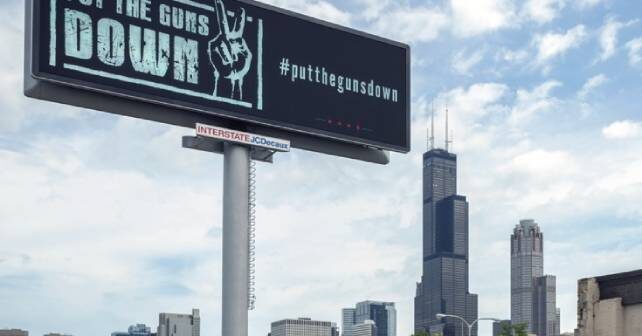
Mitigating Bias
At times we may have difficulty taking an empathetic approach to our patients’ experiences if we have already prejudged them. When treating gunshot victims, there can be automatic assumptions of wrongdoing of those injured. It’s important to recognize that our explicit and implicit biases play a major role in our interactions with our patients and the health care that we deliver. They have been found to be drivers of health inequities amongst marginalized populations and should be mitigated with proper training and continual self-improvement.
Explore This Issue
ACEP Now: Vol 41 – No 07 – July 2022Violence-Recovery Support Staff
Emergency physicians should push to hire ED support personnel for patients who are victimized by gun-related violence and their families. A number of hospitals have incorporated the use of “violence recovery specialists” or “coaches” (social workers, mental health professionals, or peers with specialized training) to provide emotional and psychological first aid for victims and their loved ones at the time of the event. Awareness of how mental health is affected after having a loved one violently killed can promote active decisions in getting the necessary resources involved. After being traumatized by gun-related violence, patients may develop acute stress disorder or post-traumatic stress disorder followed by self-medication and further injury (victims of intentional violence have a high risk of being reinjured or injuring someone themselves). The violence recovery specialist works to decrease the risk of reinjury and recidivism by providing psychological first aid and organized access to social work, counseling services, spiritual services and social support programs. There are several different names and models of this support framework. Emergency physicians should research who provides this level of care in their area and advocate for their presence in their ED to assist with patients affected by gun violence.
Violence Intervention Programs
In addition to adding a violence recovery support staff in the ED, some hospital systems have created their own hospital-based violence intervention programs or partnered with community-based intervention programs. These programs to support victims and their families through their traumatization and simultaneously decrease recidivism. There are a myriad of violence intervention programs throughout the United States with various approaches to community health. Many focus on addressing the psychological impact and the cause behind the violence, dispatching peers to the scene to mitigate further violence. Several have joined forces to create the National Network of Hospital-Based Violence Intervention Programs spread throughout 25 cities. As emergency physicians we can advocate for our institutions to partner with these programs to be present in our ED, and if we are ambitious, we could follow a framework to create our own.5
Pages: 1 2 3 4 5 | Single Page





No Responses to “Gun Violence: Treating the Root Cause”